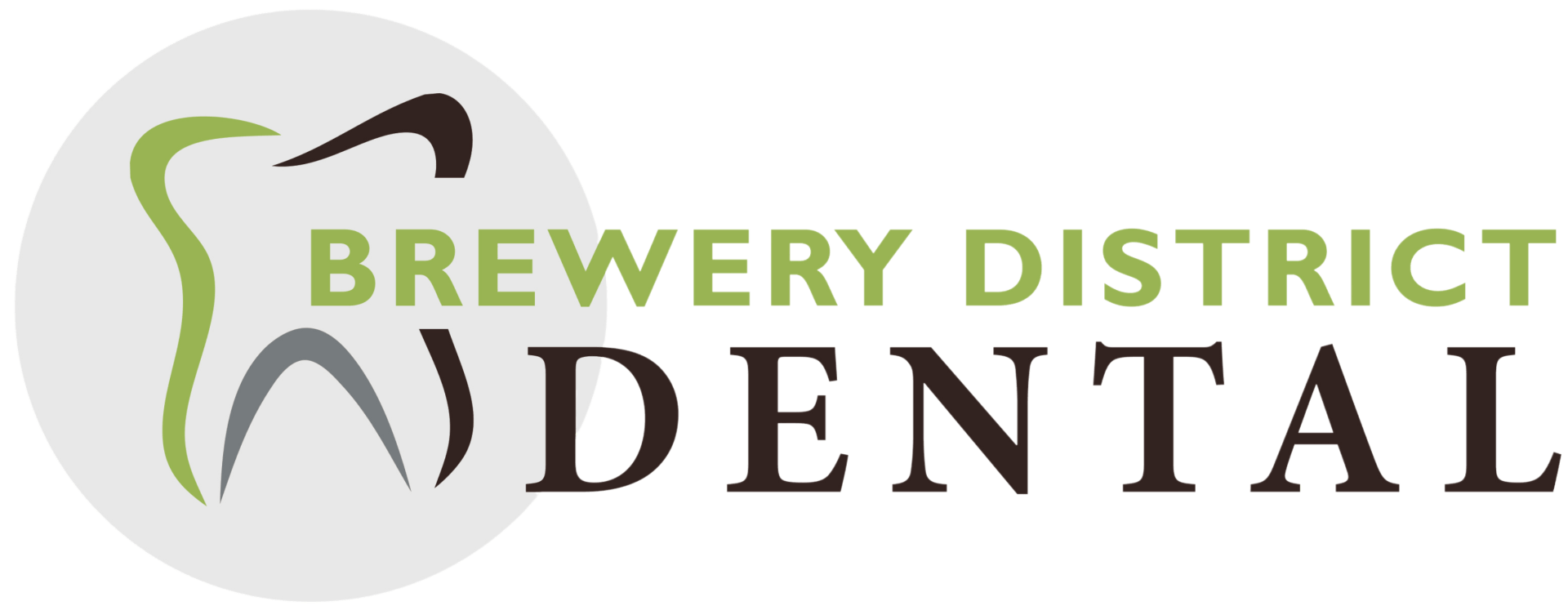Oral Surgery
When a dentist mentions “oral surgery,” many patients begin to panic. Most patients think that there is something seriously wrong with them, or that they are going to be undergoing a dangerous, painful, and expensive procedure. The truth is, however, that many oral surgery procedures are commonplace and address conditions that many many patients of all ages experience, such as impacted wisdom teeth, sleep apnea, or tooth loss. While every case is different, many of these procedures are completed on an outpatient basis, and patients can resume work and normal activities within a few days. It is also true that many dentists recommend that you see an oral surgeon because in some cases, the surgeon may advise us that there are other, nonsurgical, treatments available. If you are apprehensive about a referral to an oral surgeon, speak with us at your next dentist appointment.
List of Services
-
Dental Implants
Dental implants have changed the way dentistry has evolved over the last 25 years. A dental implant is a replacement for the root of a tooth. They are used to secure crowns to the jawbone using titanium and titanium alloy. These metals are used because they are lightweight and biocompatible – which means they are not rejected by our bodies. Dental implants are used to replace teeth that have been affected by decay, disease, oral cancer, or a number of causes such as smoking, alcoholism, or injury. Dental implants require a procedure to create channels in the jawbone so the implants can be fitted with intimate contact with the jaw. Implants generally require 3-6 months for the bone to fuse with the titanium rod before we can place a tooth restoration (a crown or bridge), to complete the process.
-
Wisdom Tooth Extraction
A wisdom tooth extraction is the removal of wisdom teeth. Wisdom teeth are our last teeth to erupt and are located in the back bottom and top corners of our mouths. They usually come in between the ages of 17 and 25 and while some patients may not have any issues with them, it is better to have them removed as there are typically more issues leaving them in. These issues could include a lack of room for them to properly erupt, they can become impacted and cause pain, oral infections, or other oral health issues. Oftentimes, our office will suggest wisdom tooth removal as a preventative measure. A wisdom tooth extraction is an outpatient procedure that only takes a few days to fully recover form.
